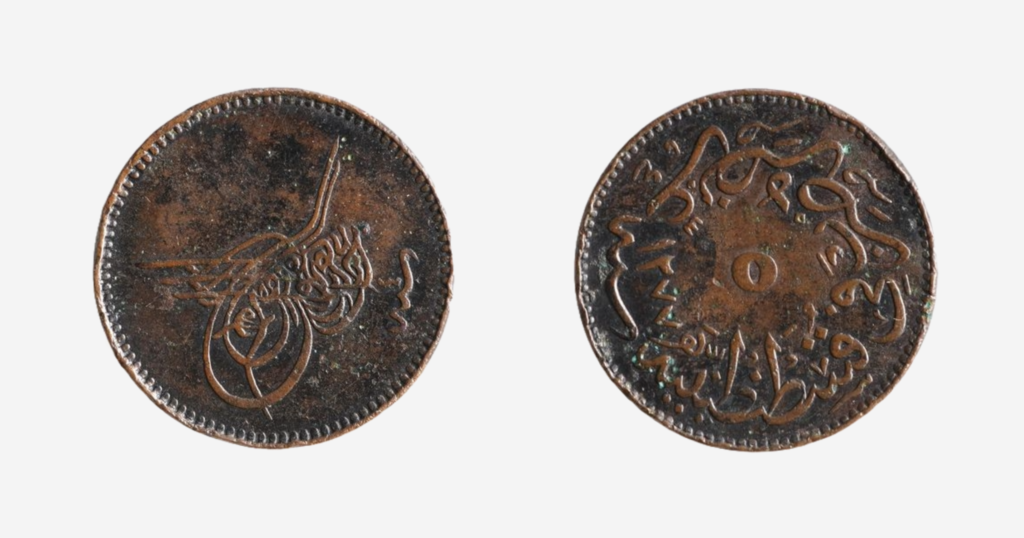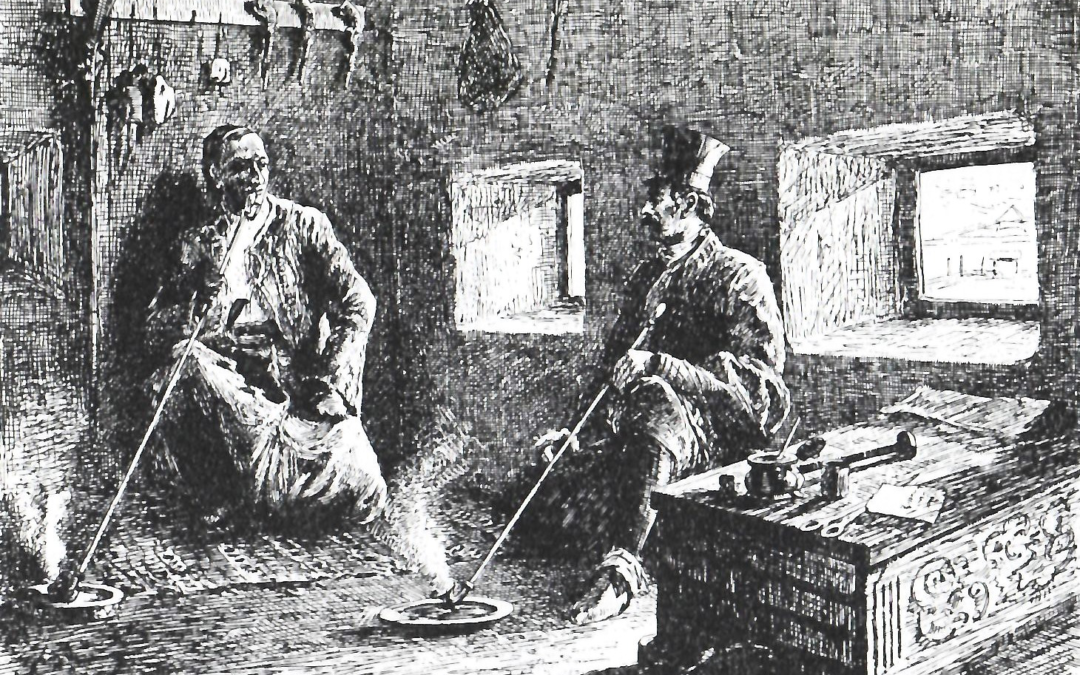The final break with the Ottoman feudal society and the liberation of Serbia began with the First and Second Serbian Uprisings. After 1815, Miloš Obrenović continued his independence through diplomatic activities, and at the beginning he managed to collect and pay imperial taxes instead of the Turks, and then, in the name of the people, to lease the imperial spahilukas. In the next step, he became an intermediary between the rayah of the Serbs and their spahis.
Miloš’s mediation between the rayah and spahi is evidenced by a letter to Ismail Spahi, in which he complains about the people from Konarevo in September 1824 that they do not respect him in the manner and order that was valid until recently. The reason for the complaints is an event that heralds radical social changes and is almost identical to the theme from Andrić’s Tale of the Serf Siman.
Ismail Spahi regularly comes to Konarevo, which belongs to his spahiluk, and collects a dozen. However, in 1824, the rayah of Konarevo fulfilled the obligations of Rajin partially and reluctantly, so the spahi turned to his superior Miloš for help:
“Greetings from me, Ismail, to you, Master Miloš. I am letting you know how I am with my rayah of Konerevci. I come when it’s time to leave ushur, and they don’t welcome me as spaia, instead they make form me a little hut near the farm, so I sit in the barn, no fire or candles, but I sit at home and there’s a biro, but they don’t let him in, so he goes to the serf Gliša and makes excrement, and there is no one with me, but I go around the village and look for oats in the village. And when it is Saint George’s Day, that time comes for me to collect a dozen, I come to the village and take off my clothes at the farmers’ house and sit down, in a month they sit down, no one will thresh my grain, nor anyone who brings me hay, nor oats, nor lunch for dinner, and I from that many villages, he bought 2 bales of hay for 3 groschi, and I wounded the horse and also a bread and a fig from Karanovac, I bought everything for money.”

Andrić’s words that the oppressed make it easier for the heart insolently, out of order and custom because they have worked for others for generations and the bitterness of hundreds of thousands of people and tens of generations has accumulated in them is confirmed in this complaint: “And they won’t come, and one day 25 people came and beat me for 6 loads, and they paid me change, and then they beat me, and then I told them, I will make a dozen for the second year and I will not separate, when my grain falls, then let each one have his dozen he took it and brought it, and then Đorđe Kotur said my […..] I will take you and your dozen to my farm. And then I smoke a chibuk, so I’m going to hit him when [….] he shows me, and then he said in front of all the serfs – why on earth, I’m going to hit you like a sow with this ax…”
Ismail Spahi also blames Miloš’s officials for giving support to those who insult him: “… then your servants came to the village of Radoje and Peruničić, prince of Samailac, and asked if you Spaija is there, and Todosje Bažalac said he is there, you can’t drive him out of the village We can not. But let’s marry Babuna Pavuna too, there is an old church and she can do it for us…” Here is an interesting statement that there was an “old church” in Konarevo at that time. Today, there are no above-ground remains of the old church in Konarevo, but there is a place called “crkvine”.
Spahi again complains about the serf and the prince, who are in a family relationship, for abusing their positions and causing injustice and harm to him and the people of Konarev: “… and Gliše, the serf Peruničić, is his son-in-law, but he is not afraid, he does not give a dozen, bees he hides, he gives the principal, he puts the white grain in stacks, he doesn’t say how much it is or how it is, does he trust not to give it in the field. There are 50 plows in the fields, they grabbed them, they don’t plow them, and they don’t give the poor people to plow them, but they abandoned them. It doesn’t matter to me, people come to me with cattle for wintering, and Gliša takes from buluk by lock and lock, and he doesn’t give me anything.”
In Konarevo, even today, the name “zimovnik” is used for a part of the field next to the Ibar, where cattlemen from the higher regions used to keep their cattle in the winter. And this document points to an eternal and incurable “sickness” – the abuse of power for the purpose of gaining personal benefits.
Radomir Ristić
historian, retired archival advisor
Historical Archives Kraljevo
